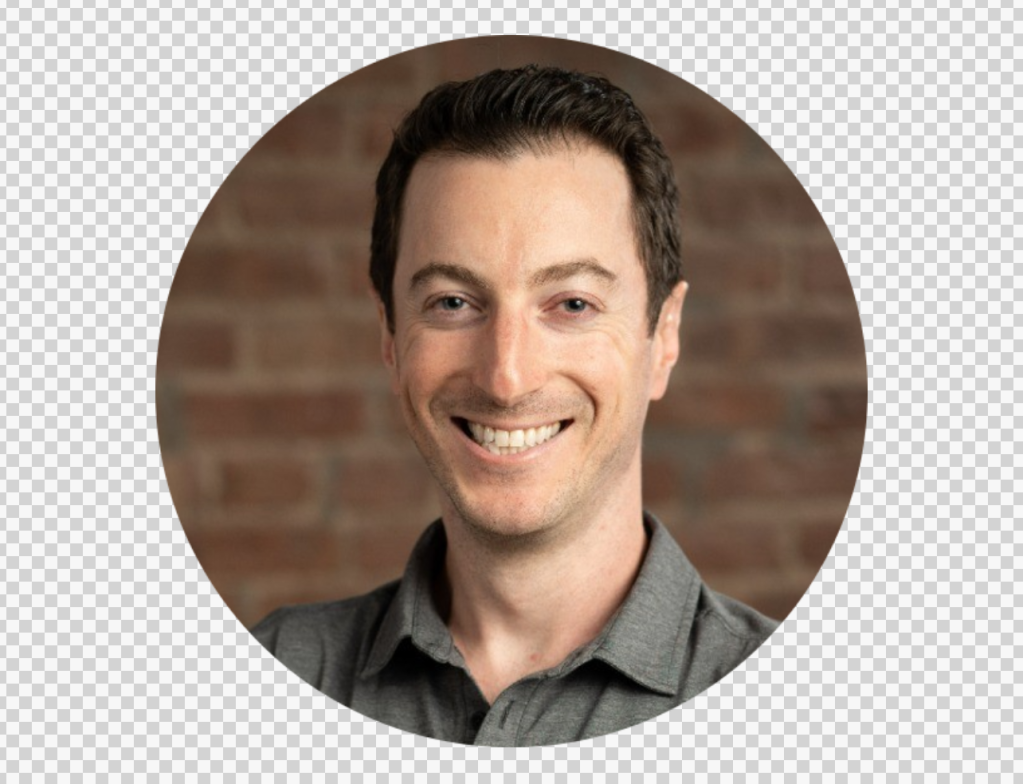Is your overly complicated application process driving away your hottest talent prospects?

Imagine that a highly qualified candidate finds your dream-job posting, gets excited, clicks “apply” — then abandons ship halfway through the process because they find it too maddening. Hardly a happy scenario, as employers continue to compete for the very best talent.
According to research from the business financing firm Clarify Capital, 3 in 5 Gen Z job seekers are walking away from applications mid-process because they’re too long, too costly or too emotionally draining.
The numbers paint a sobering picture of the hiring landscape now. While 77% of Americans searched for jobs in the past year, nearly half (49%) ended up with zero offers. For Gen Z — leading all generations in the job hunt, with 86% in the market — the situation is particularly dire: just 18% ended up landing roles, with most searches ending in frustration rather than a paycheck.
“This generation grew up hearing that hard work and credentials would open doors,” says Michael Baynes, co-founder and CEO of Clarify Capital. “But they’re stepping into a labor market that feels like a game of smoke and mirrors. Today’s job market features ghost jobs, algorithmic rejections and 49% walking away with zero offers. It’s no surprise we’re seeing burnout before employment.”
So what precisely is driving candidates away? In short, lengthy application portals that force candidates to upload resumes then manually retype every detail, an interview process that stretches across weeks or even months, and eventual radio silence from prospective employers.
“Banish lengthy application portals that require candidates to manually retype their entire resume,” urges Sam DeMase, in-house career expert at ZipRecruiter, the online employment marketplace. “Considering the volume required of today’s candidates, each application should take less than 10 minutes to fill out.”
The research reveals that unemployed Americans spend 9 hours per week job hunting, while employed seekers dedicate 5 hours weekly to the search. Gen Z goes even harder, averaging 10 applications per search and spending 10 hours per week when unemployed. With 87% having no savings set aside, every rejection hits both emotionally and financially.
Jason Leverant, president and COO at AtWork, a national staffing franchise, puts it bluntly: “If nearly half of applicants are abandoning applications due to stress or complexity, it’s clear that companies are still designing their hiring processes for the employer, not the applicant.”
The emotional toll is particularly steep for younger workers. While half of all job seekers found the process emotionally stressful, that number jumps to 60% for Gen Z, compared to just 40% for boomers.
“The current system is broken,” adds Vrijen Attawar, co-founder and CEO of Careerspan, an AI-powered career development platform. “It wastes massive amounts of human potential, destroys mental health and ultimately fails employers too.”
The fix could be as simple as basic respect for candidates’ time and dignity, according to the experts, who recommend:
Moving fast. “There’s a saying with salespeople: ‘Speed to lead,’ and the same is true for HR and Recruiters: ‘Speed to Applicant,’” Leverant says. “Fast follow-up with applicants shows you respect them and value their interest in your company.”
Being transparent. DeMase emphasizes upfront communication: “Be transparent about salary on the job description or during the first recruiter interview. Tell us how many rounds there will be, what types of questions to prepare for, who we will meet with and what timeline to expect.”
Humanizing the process. “Every candidate gets flattened into a two-dimensional resume, and employers miss out on great people when they don’t meet potentially arbitrary criteria,” Attawar says.
Ditching over-reliance on tech. “Don’t rely solely on AI to screen candidate resumes,” cautions DeMase, noting that those tools can fail you by eliminating qualified and nontraditional candidates.
One thing seems certain: With unemployment still in the low 4% range, employers cannot afford to alienate potential hires with Byzantine application processes. “Ultimately, you want to attract people to your organization, so applying for a job shouldn’t feel like work,” as Leverant puts it. “It should feel like the beginning of a partnership.”


